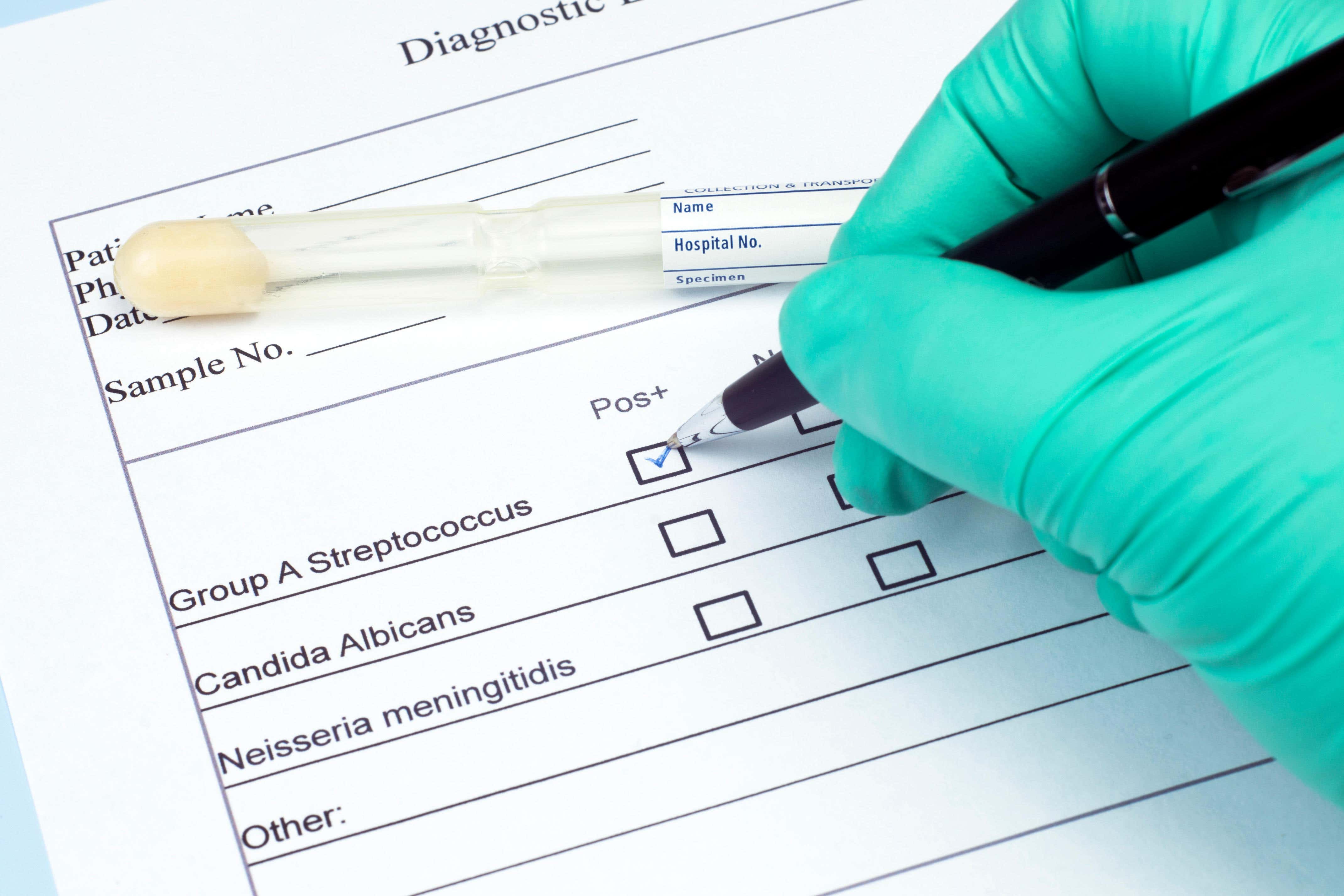Third child aged under 10 dies in Scotland with Strep A
Public Health Scotland has published its latest data on the infection.

Your support helps us to tell the story
From reproductive rights to climate change to Big Tech, The Independent is on the ground when the story is developing. Whether it's investigating the financials of Elon Musk's pro-Trump PAC or producing our latest documentary, 'The A Word', which shines a light on the American women fighting for reproductive rights, we know how important it is to parse out the facts from the messaging.
At such a critical moment in US history, we need reporters on the ground. Your donation allows us to keep sending journalists to speak to both sides of the story.
The Independent is trusted by Americans across the entire political spectrum. And unlike many other quality news outlets, we choose not to lock Americans out of our reporting and analysis with paywalls. We believe quality journalism should be available to everyone, paid for by those who can afford it.
Your support makes all the difference.A third child aged under 10 in Scotland has died with Strep A infection, health officials have said.
Public Health Scotland (PHS) said it is aware of 17 deaths amongst invasive group A streptococcal infections (iGAS) cases between October 3 and January 15, an increase of four since the previous report.
Three of these deaths were in children under 10, an increase of one since last week’s report.
PHS said this compares to between zero and 15 deaths reported during the same time period of previous years.
Infections caused by Group A Streptococcus (GAS) include the skin infection impetigo, scarlet fever and strep throat.
The vast majority of infections are relatively mild, but the bacteria can cause iGAS, a life-threatening infection in which the bacteria has invaded parts of the body such as the blood, deep muscle or lungs.
At least 30 children under 18 have now died with iGas across the UK so far this season, which runs from September 19.
PHS said there is currently an earlier increase in GAS and iGAS cases this season than in previous seasons in Scotland.
Total cases reported to date are higher than those observed at the peaks seen in previous pre-Covid-19 pandemic years.
In the most recent week ending January 15, there have been 532 laboratory reports of GAS, a reduction from 600 the previous week.
The agency said that although increases in GAS were reported in recent weeks in Scotland, iGAS infection levels for 2022/23 have been “generally stable and similar to previous years”.
In the week to January 15, there were 22 iGAS cases reported across all age groups, the same as the previous week.
It said this remains higher than what was reported during peaks observed in previous years, when between 12 and 18 cases per week were recorded.
Health officials have urged parents and those who care for children to be vigilant and help reduce the spread of infections by washing their hands frequently with soap and water, and covering their mouth and nose with a tissue when they cough or sneeze.
If a child is showing signs of scarlet fever, parents and carers are urged to seek advice from a health professional as most cases respond promptly to early treatment with antibiotics.
Symptoms of scarlet fever include headaches, a sore throat, high temperature and a pinkish skin rash, which feels like sandpaper to the touch, while symptoms of strep throat include a sore throat and flu-like symptoms, such as a high temperature, swollen glands or an aching body.
The symptoms of iGAS include high fever, severe muscle aches, localised muscle tenderness, increasing pain, swelling and redness at the site of a wound and unexplained diarrhoea or vomiting.